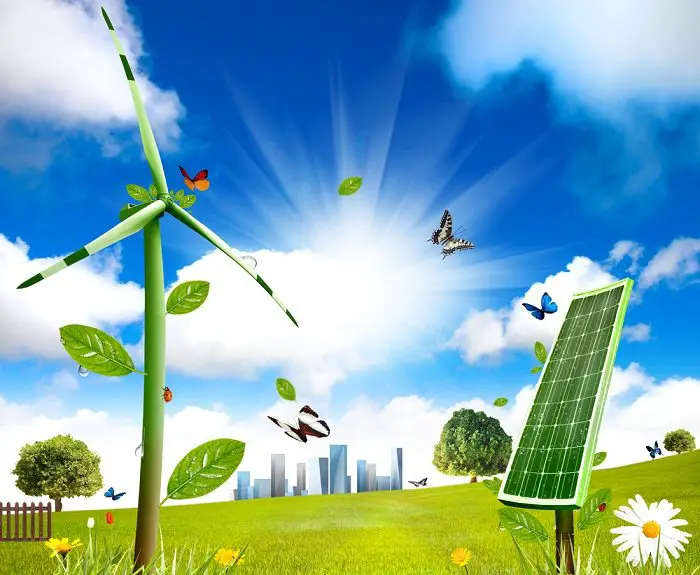Italian power utility Enel is sailing through its 5,000MW renewable capacity target it set for Africa in 2015.
According to the company’s CEO, Francesco Starace, the utility will continue to drive investment in Africa, despite the political unrest in North Africa and the limited cross-border network connections.
In 2015, the Italian multinational power manufacturer and distributer, through its subsidiary Enel Green Power RSA (EGP RSA) committed to add an additional 5,000MW of renewable power in South Africa within five years, which at the time initiated the construction of the 82.5MW Pulida solar power plant in the country’s Free State Province.
Starace claimed at the time that parent company Enel has intentions to invest in African power grids, which will make it Africa’s second largest power group after South Africa’s state utility Eskom.
“About 2,000 of those 5,000MW are already in execution. We are working on the other 3,000,” He added.
Starace said that the utility to date has so far brought 2,000MW of the initial target online – nearly 1,000MW of solar and wind is under construction in South Africa and 200-300MW in operation, while an Enel-led consortium is gearing up to develop 850MW of wind capacity in Morocco after winning a tender in early 2016.
According to Starace, the firm is looking at East Africa as another potential commercial region – a 300MW geothermal project in Ethiopia and a 50MW one in Kenya.
The CEO however noted that the big challenge in the electrification of Africa is political instability in parts of North Africa, notably Egypt, Libya and Algeria, which have huge potential but lack the conditions for power investment.
Starace said the southern part of Africa was receiving healthy renewable energy investment, while countries in East Africa – notably Ethiopia, Kenya, Uganda, Zambia and Mozambique – were building the foundations to attract further investment by establishing cross-border power interconnections.
According to Starace, the Nigeria environment posed many challenges for the utility to invest and with the exception of Senegal and Ghana many West African countries are too small and isolated to attract significant investment.
“If they would agree to what the eastern countries have agreed to, create some kind of interconnected system, they would become much more interesting,” he said.
“First they would have to agree they want it, get consensus between governments,” he said.

Leave a Reply